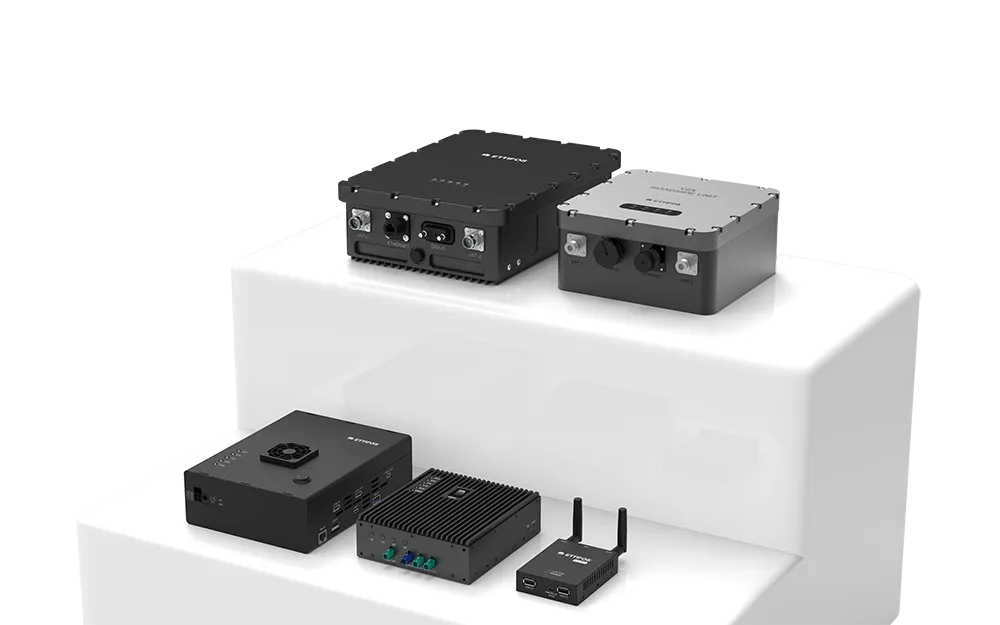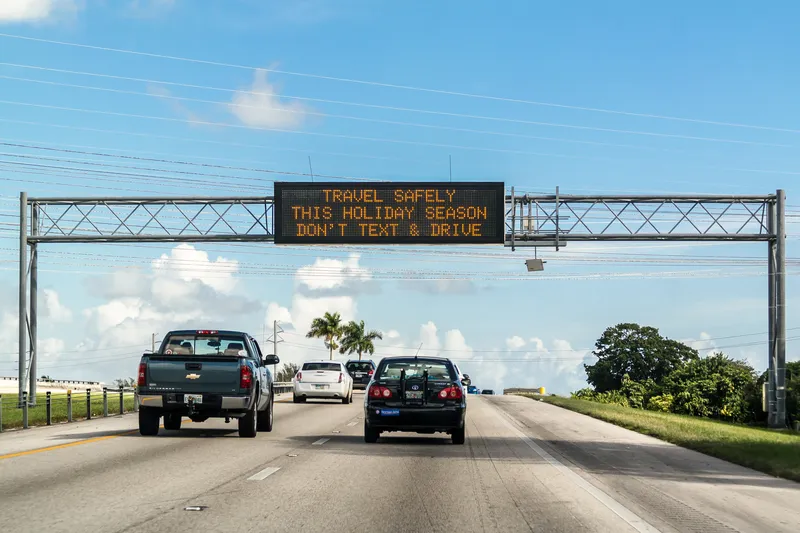Melbourne is to host a world first demonstration of Cooperative Intelligent Transport Systems (C-ITS) during the 23rd World Congress on Intelligent Transport Systems, 10-14 October.
For the first time, multiple devices from multiple suppliers will come together to talk to live traffic signals on a major street in the heart of Melbourne, to showcase interoperability of V2V and V2X at live intersections.
World Congress demonstration partners - CO-GISTICS, Cohda Wireless, Kapsch, NXP, Q-Free and Robert
September 23, 2016
Read time: 2 mins
Melbourne is to host a world first demonstration of Cooperative Intelligent Transport Systems (C-ITS) during the 23rd World Congress on Intelligent Transport Systems, 10-14 October.
For the first time, multiple devices from multiple suppliers will come together to talk to live traffic signals on a major street in the heart of Melbourne, to showcase interoperability of V2V and V2X at live intersections.
World Congress demonstration partners - CO-GISTICS,6667 Cohda Wireless, 81 Kapsch, 5460 NXP, 108 Q-Free and Robert Bosch Australia – met in August 2016 to work with Transport Certification Australia (TCA) – the official demonstrations partner for this year’s Congress – to achieve this world first.
VicRoads has enabled this to occur by equipping seven sets of traffic signals to create a ‘Connected Urban Corridor’ along Clarendon Street, South Melbourne.
The open standards demonstration will showcase V2V and V2X technology designed to improve efficiency and safety, including traffic signal phasing technology to optimise traffic flow – based on V2I connectivity with vehicles providing driver alerts and communications about road conditions, low bridges, road works or accidents.
Demonstrations on public roads from the Congress venue will showcase emergency vehicle alerts, mobile tolling and emergency vehicle pre-emption.
Demonstrations at Albert Park, home of the Australian Grand Prix, include remote parking technology, highly automated vehicles, the latest in V2X communications, shared driverless transportation and state-of-the-art perception systems demonstrating real-time localisation.
The Cohda Wireless demonstration will take V2X to the next level by showcasing GPS-less positioning for V2X, which enables vehicles to position themselves and transmit messages containing GPS coordinates – even if GPS signals are unavailable.
For the first time, multiple devices from multiple suppliers will come together to talk to live traffic signals on a major street in the heart of Melbourne, to showcase interoperability of V2V and V2X at live intersections.
World Congress demonstration partners - CO-GISTICS,
VicRoads has enabled this to occur by equipping seven sets of traffic signals to create a ‘Connected Urban Corridor’ along Clarendon Street, South Melbourne.
The open standards demonstration will showcase V2V and V2X technology designed to improve efficiency and safety, including traffic signal phasing technology to optimise traffic flow – based on V2I connectivity with vehicles providing driver alerts and communications about road conditions, low bridges, road works or accidents.
Demonstrations on public roads from the Congress venue will showcase emergency vehicle alerts, mobile tolling and emergency vehicle pre-emption.
Demonstrations at Albert Park, home of the Australian Grand Prix, include remote parking technology, highly automated vehicles, the latest in V2X communications, shared driverless transportation and state-of-the-art perception systems demonstrating real-time localisation.
The Cohda Wireless demonstration will take V2X to the next level by showcasing GPS-less positioning for V2X, which enables vehicles to position themselves and transmit messages containing GPS coordinates – even if GPS signals are unavailable.









